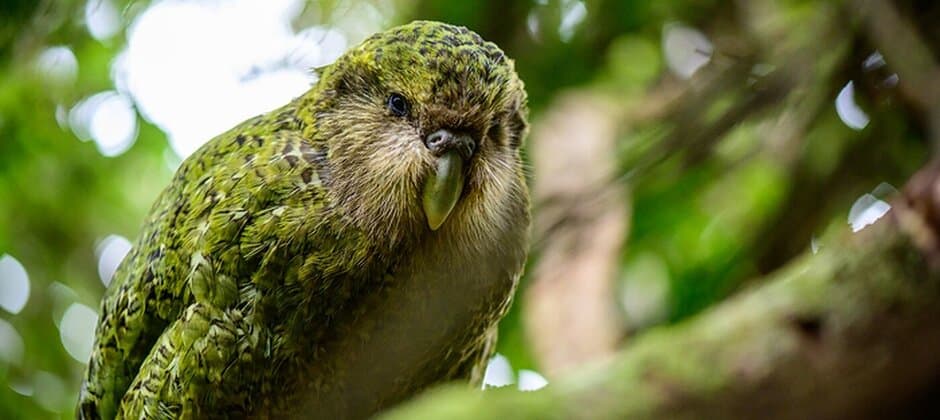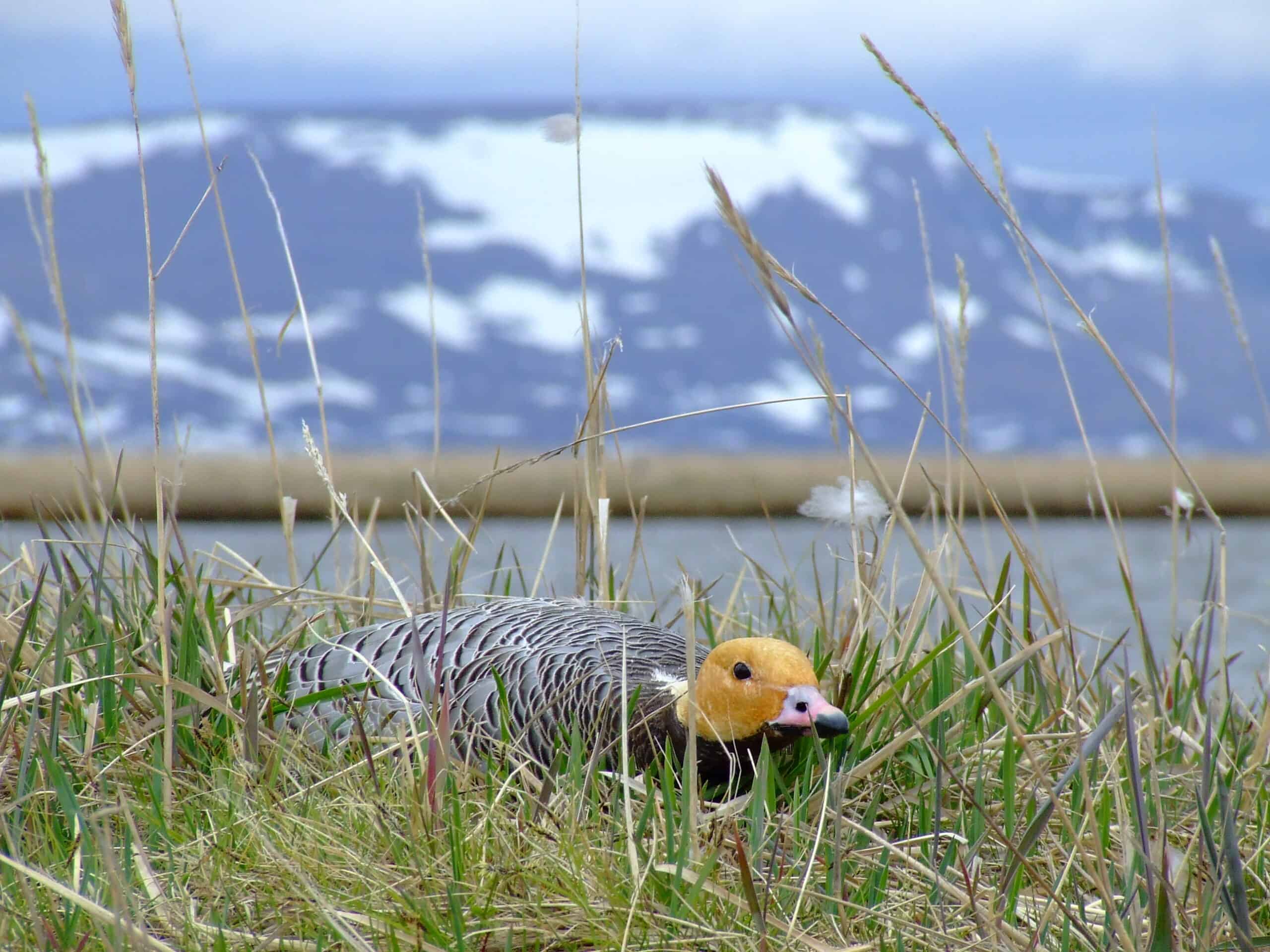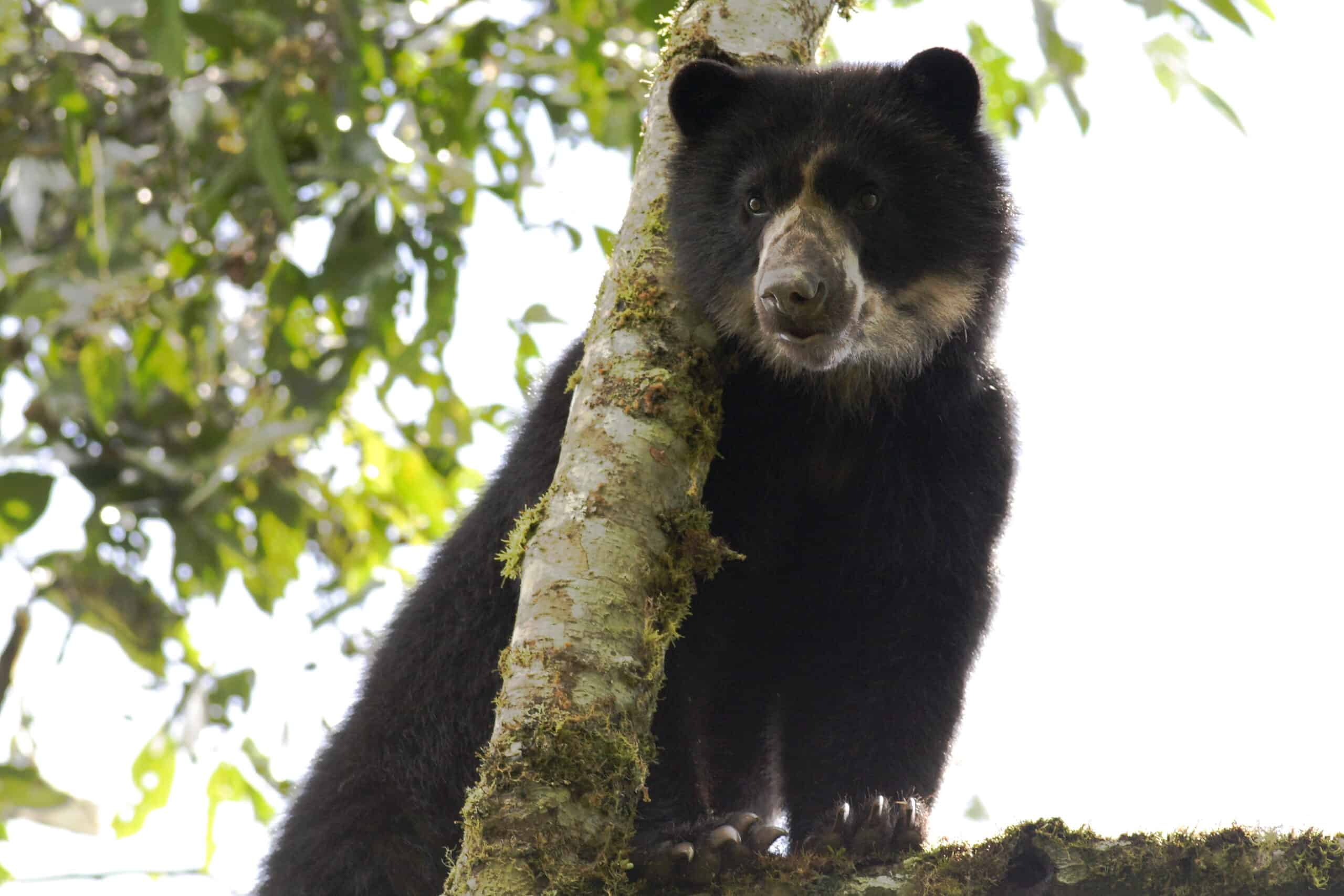Share this article
Watch: Inbreeding has saved New Zealand parrot
Endangered kakapos have surprisingly healthy genetic diversity despite 10,000 years of inbreeding in their native New Zealand environments. The International Union for Conservation of Nature listed kakapos (Strigops habroptila) as critically endangered due to competition from invasive species. By 1995, there was only a single male left on the New Zealand mainland and another 50 birds on a smaller island. But the population has grown to about 200 birds today, and new genetic research has found that the surviving birds have managed to lose most DNA mutations despite inbreeding. “Our data shows that the surviving population on Stewart Island has been isolated for approximately 10,000 years and that during this time, harmful mutations have been removed by natural selection in a process called ‘purging’ and that inbreeding may have facilitated it,” Nicolas Dussex, a researcher at the Center for Palaeogenetics and Stockholm University involved in this study told BBC Science Focus.
Header Image: A kākāpō Credit: Jake Osborne








